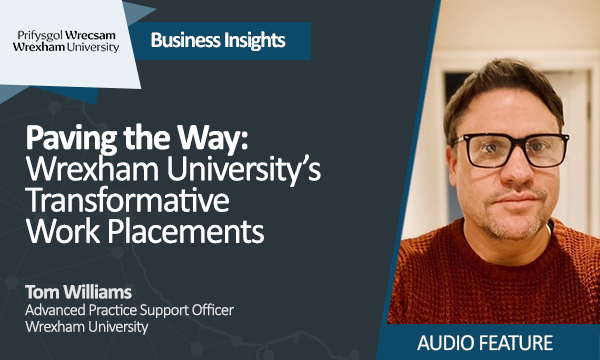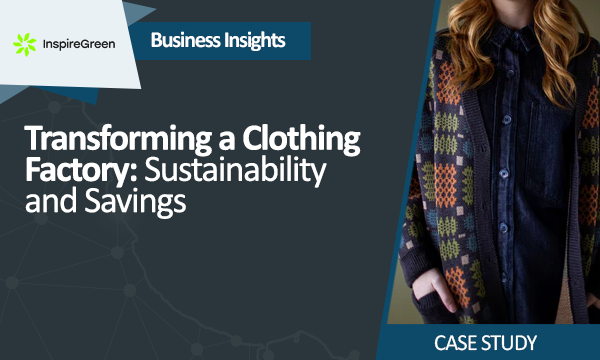As occupants of this planet, we have a lot on our plate. While the cost of living crisis and food poverty are very real issues facing our communities, temperatures across the globe are getting hotter due to human activity, putting humankind, wildlife and the planet at risk.
While 21-37% of global GhG emissions are attributable to food systems, together, through making better choices, we can help play our part to help mitigate climate change with the knowledge of how our actions are impacting the planet.
Food sustainability is a holistic approach to our food which also considers a whole combination of factors coming together, such as how we produce our food, how it is packaged and then distributed, consumed and recycled.
Centred around how we can meet our needs without obliterating the earth’s natural resources so that future generations are able to meet their needs, food sustainability demonstrates our food’s connectivity to people and planet.
Eating for planet, people and pocket
Improving the quality of our food whilst at the same time aiming to reduce the cost of our weekly food and energy bills and caring for the environment, can be challenging. To help show how the simple things can make a difference to the planet and household budgets, consumers in Wales, can access a handy toolkit developed by Welsh Government.
One of the simplest and most cost-effective ways to reduce our carbon footprint is to eat sustainably. Here are a few tips, from the toolkit, to consider when buying, preparing and cooking meals.
Buy local, eat seasonal
A healthy balanced diet should include protein, either from meat, fish and eggs or/and non-animal sources such as beans, peas and lentils. Whole foods and minimally processed ingredients, like wholegrains (e.g. brown rice, barley and millet), dried pulses (i.e. beans, peas and lentils) and whole grain flour, brown bread and pasta are economical, hyper-nutritious and good for your heart.
Local and seasonal produce will improve your personal health, support your community, reduce your carbon footprint and possibly could save you money. It is often cheaper than imported exotic fruit and vegetables, even when it is organic.
A box, bag or basket of seasonal fruit and vegetables is the keystone to our sustainable diets and has a huge collective impact on our food system.
Source sustainable fish
Buying fish that is from a sustainable source isn’t easy. This is where certification bodies such as the Marine Stewardship Council (MSC), with the easy to spot blue label, can help us to make more sustainable choices. Even with certifications such as the MSC, there are other sustainability factors to consider.
Choosing products with the MSC blue label allows you to enjoy eating seafood in the knowledge you have made a positive choice to support well-managed fisheries.
Source quality meat
We can do more to celebrate our meat, heritage and culture by purchasing better quality meat from small local farms. Meats such as chicken, pork, lamb and beef can boost our nutrition whilst still reducing our environmental impact if we eat better quality meat.
Good local butchers should be able to tell you where their meat came from and how it was farmed. Hybu Cig Cymru – Meat Promotion Wales has an ambition to make sheep and cattle farming in Wales a global exemplar of how to produce quality food, sustainably and efficiently.
Know your sell / use by dates
‘Sell by’ and ‘best before’ dates are there to make sure food gets to our homes in as perfect condition as possible. However, food is perfectly fine to eat and just as delicious right up until midnight on the ‘use by’ date. Food Standards Agency has all the information you need on best before and use by dates including defrosting your food correctly.
Reduce your food waste
The food we waste at home costs the UK £13.8bn which adds up to £284 for every single person in the country and rises to £700 for a family with children. If you split that between all UK households, each home would save £491 per year.
So love your leftovers! Be creative. Store food correctly and plan to use up surplus each week. Batch cooking is also a great way to reduce waste while also saving time and energy.
Reduce your packaging
According to recent research, on average, each household threw away 66 pieces of plastic packaging each week, which amounts to an estimated 3,432 pieces a year, cumulatively that’s enough microplastics to pollute vast areas of ocean and wildlife.
Buy as few packaged products as possible, avoiding non-recyclable packaging whenever possible. Find a local market that sells loose produce. This will not only reduce the plastic and packaging we buy, but often increase the quality of our produce whilst decreasing the costs and building our food community.
Reduce energy whilst cooking
Being more aware of cooking processes can significantly reduce the amount of energy we use and reduce our energy bills at the same time.
While a microwave is generally the most efficient way to heat up and cook food, it is not always the easiest or practical if you are cooking various elements. In that case, favour the stove top over the oven and use the right sized pot with a lid. If possible, invest in a pressure cooker and slow cooker which use less energy. If you do use the oven, make sure it is full and avoid opening it unnecessarily.
Swap out a cooked element of your meal for a raw dish or salad. A balance of raw and cooked food is a nutritious way to eat.
Going green to keep it clean
Making your own cleaning products can be quick, easy, affordable and reduce single use plastic. Coarse salt, vinegar and bicarbonate of soda, are store cupboard staples and are effective.
Store your DIY products in a dark, cool space and label them as most ingredients used in the products will last for six months before having to be replaced. Only make small batches to save waste.
For more tips, advice, recipes and a seasonal eating guide, download your copy of the Sustainability Toolkit today













